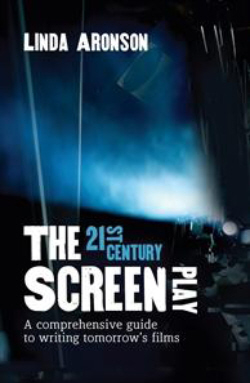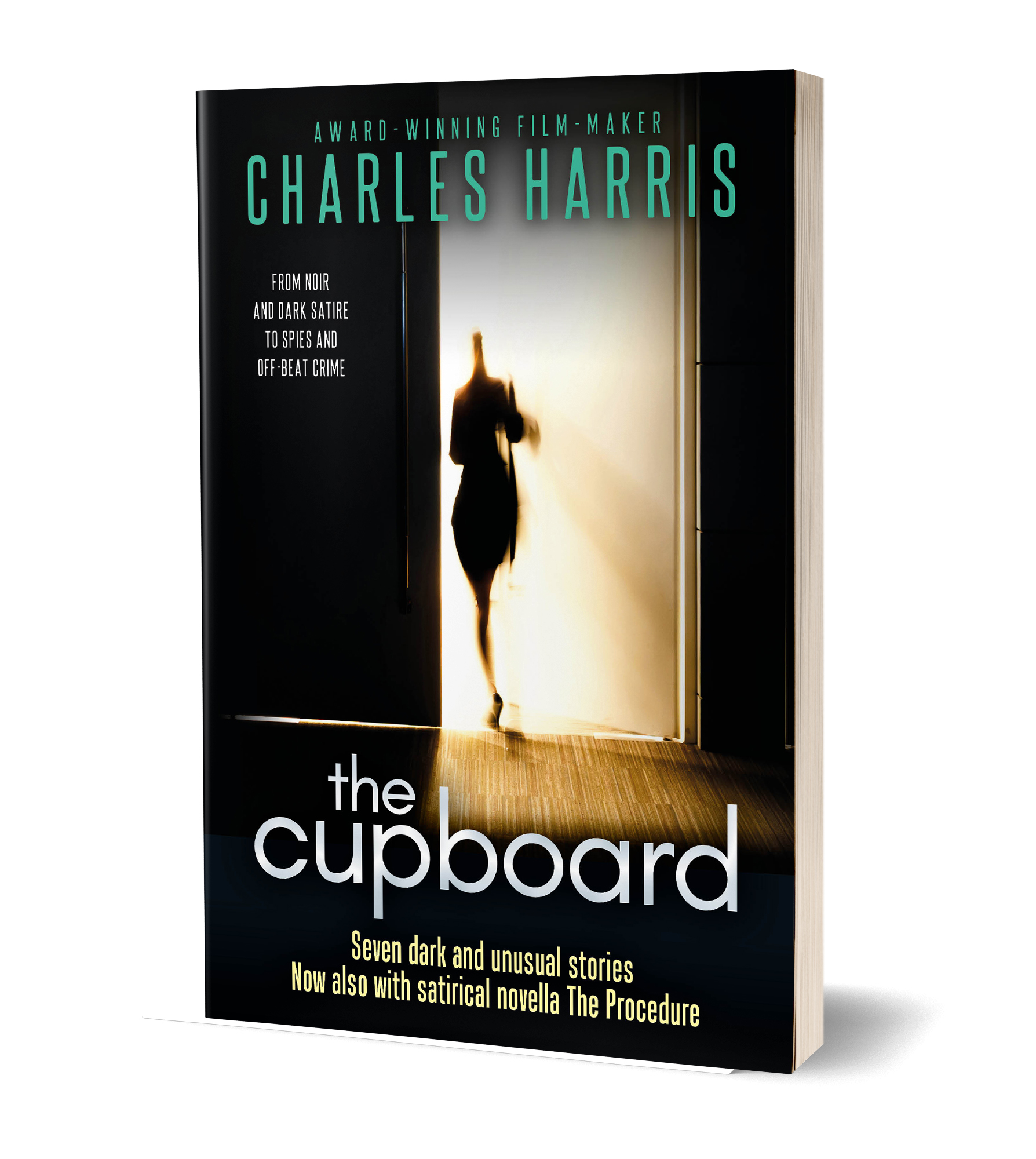Favourite Books For Writers
There are a thousand books on writing and related subjects – from psychology to time management. You learn something from everything, even the total dross, but a few stand out as being worth their weight in Oscars.
Here are my absolute top 6 favourite books for writers who want to learn the art, craft and business – in no particular order – for a fuller list of all the best books to help writers, beginner or advanced, click here
6 favourite books for writers
The 21st Century Screenplay – Linda Aronson (Allen & Unwin) *****
Linda Aronson’s book Screenwriting Updated was excellent – and now she’s updated it! I immediately declare that she’s a personal friend, but that’s not why I’m praising it. The original book covered a vast range, from creativity basics to non-linear advanced structure, and became an immediate essential. The new book adds 50% more and a load of new structures and ideas. A must buy. Read full review.
Alternative Scriptwriting – Ken Dancyger and Jeff Rush (Focal Press) *****
Probing thoughts on the rules and how (and why) to break them. We’ve read many books on the rules of screenwriting (and there are some good ones) but the only two that probe deeply into why the rules of screenwriting work, and when and why they don’t are – this one and Linda Aranson’s.
From the first, Dancyger and Rush treat the reader (/writer) with intelligence and respect, offering solid and thought-provoking analysis of such hoary old themes as act structures and useful hints on how to use (and adapt) them. Although expensive, the book is worth its money alone just for the chapters on that much-maligned and highly neglected issue of genre.
If it has a weakness, then it lies in the area of how to translate those theories into actual, living practice (for this see Aronson, above, and Natalie Goldberg’s Writing Down The Bones). But overall, if you’ve ever wanted to do more than just put the turning points where Fields and McKee tell you to, then this is a must-read.
Although this is aimed at short story and novel writing, this book contains considerable insights into the craft and art of creating stories and characters, style, genre and other issues that are very relevant to screenwriters.
Gardner provides stimulating exercises, discussion of conventional and unconventional story structures and a reading list of contemporary fiction writers that is essential to anyone who wishes to become an accomplished writer in any form.
Getting Things Done Getting Things Done – David Allen (Piatkus Books) *****
Not a writing book at all, but a brilliant book for anyone who has difficulty getting through all the work they have to do in normal human time, while trying to keep sane.
David Allen has spent years organising people and has boiled down his philosophy into a series of simple yet scarily effective steps, from dealing with the thousands of demands on your time, through to planning your projects in the most efficient way and deciding on the very best thing to do next. Before you know it, you’ll be clearing your inbox and creating time to do those things you really enjoy.
I was sceptical. Tried it, and it works. This book has fans all round the world and is highly recommended for all workoholics, and non-workoholics, who want to get that script finished and get a life at the same time.
Hitchcock’s Secret Notebooks – Dan Auiler (Bloomsbury) *****
Fascinating first-hand materials from a master at work. Hitchcock’s Secret Notebooks is actually a collection of notes, scraps, transcriptions of meetings, sketches, development breakdowns and storyboards from beginning to end of Hitch’s career.
And if that hasn’t got you salivating then there’s (for example) a side by side comparison of the whole of four different treatments for Rebecca (including a stage adaptation), Hitchcock’s detailed notes for the sound mix of The Birds, and so many detailed notes on story discussions that you feel you’ve been sitting in Hitchcock’s office with him.
For Hitchcock fans, there’s confirmation (if it were ever needed) that he was deeply involved with the writing of his films, even if he never took a screenwriting credit. For writers and directors there’s a wealth of insights into the creative process of one of cinema’s most original and distinctive voices. My only gripe that at 570 pages I was left wanting more!
* * * * *
On Film-Making – Alexander Mackendrick, edited by Paul Cronin (Faber & Faber) *****
This book, by one of the other great British directors ever to work in the UK and in Hollywood, is also one of the finest books on the processes both of directing and screenwriting.
Based on immensely detailed lecture notes and personally drawn storyboards from Mackendrick’s teaching days at California Institute of the Arts, it draws on the fruits of a long and successful career, taking the reader from how to nurture first ideas, through to drafting, rewriting and breaking down scripts for shooting. While the chapters on film grammar, shooting and editing are good, the sections giving live examples from his experience of working with some of the great writers are worth the money alone.








Tell people what you think